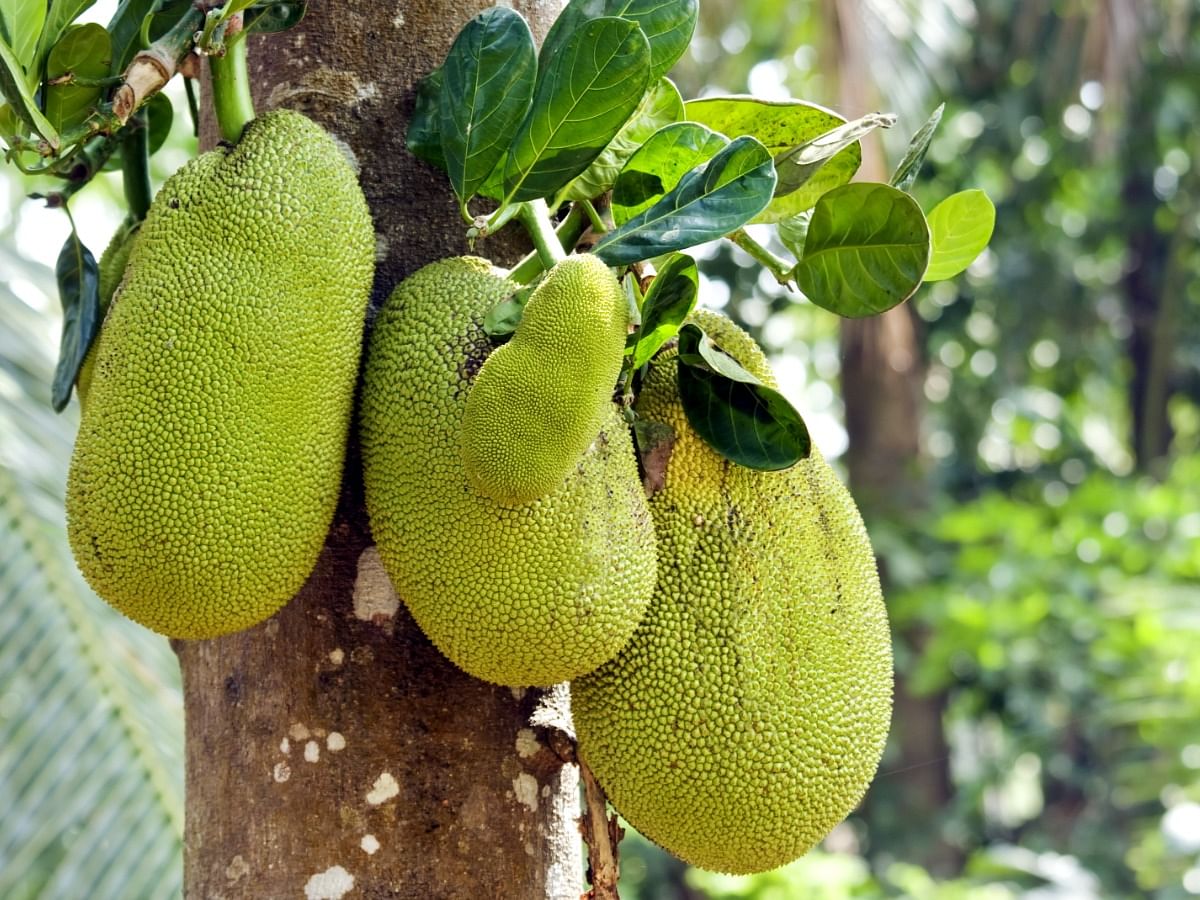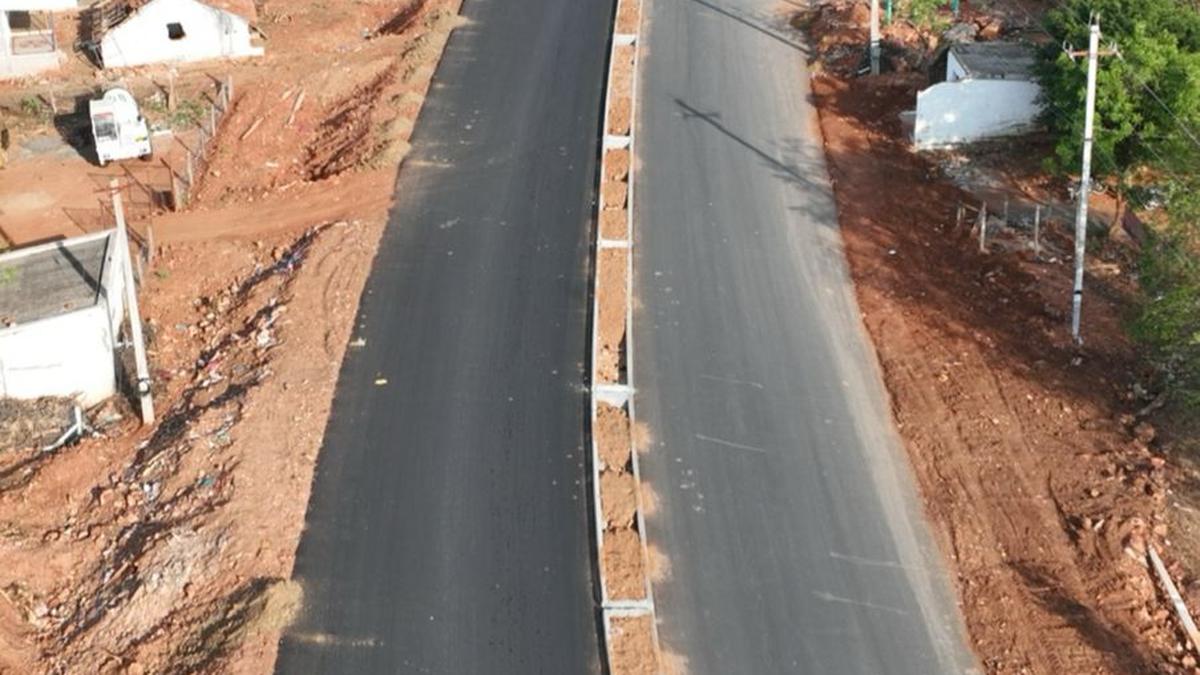While the country is polling to elect its next Union government, the India Meteorological Department has issued a severe heat wave alert in several parts of the country.
Over the past few weeks, it has been widely reported that the scorching heat has resulted in a lower than expected voter turnout.
In a new report, published by Climate Trends, a research-based consulting and capacity-building initiative that aims to bring greater focus on issues of environment, climate change and sustainable development, questions are being raised on whether climate change is impacting how elections should be conducted in India.
The Quint breaks it down for you.
But First, Why India Needs To Be Concerned About Climate Change
2023 has been the warmest year on record till date. However, the IMD has warned that the temperatures could be worse this year, especially as some parts of the country have being seeing mercury going up to 47°C too.
According to the IMD’s predictions, the time period between April-June this year is expected to witness 10-20 days of heat waves.
Climate Trends Report
Roxy Mathew Koll, Senior Scientist, Indian Institute of Tropical Meteorology, Pune, was quoted in the report as saying, “There has been no mention of climate change in the election dialogue, despite India being heatwave prone for the last several years now. We still do not have policies that consider heat as a major parameter. We are no longer in a situation where we can ignore the impacts of climate change.”
What the Report Says About Climate Change & Polls
The report highlighted that the last decade has seen some of the warmest years on the planet. In 2014, the global average temperatures were closing in on 1°C, while in 2019, the temperature had already reached 1.2°C.
In 2023, the global temperatures were at 1.4°C, at a 144-year-high record, according to the National Oceanic and Atmospheric Administration and the National Aeronautics and Space Administration.
For the 2024 Lok Sabha elections, the report stated that the Election Commission of India, in tandem with the IMD, the National Disaster Management Authority, and the Union Health Ministry, formed a task force to “deal with impacts of intense heatwave on voters.”
Ashok Lavasa, Former Election Commissioner of India, was quoted in the report as saying, "Weather conditions are always taken into account to avert major disruption. There are mitigation measures which are taken well beforehand like arrangements for making people stand in queue in cool places, availability of drinking water, etc. "
Ashok Lavasa
He went on to say, “Another problem is that the month of February-March is exam time in schools and colleges so one cannot disrupt the academic cycle as well. Maximum precautions are taken to minimise the extremes. However, one may consider this, if (temperatures) continue to increase.”
OP Rawat, Former Chief Election Commissioner, also agreed with Lavasa. He said, "There is a six-month window to hold Parliamentary elections. For the current tenure elections had to be held between 17 December 2023 and 16 June 2024. However, since state assembly elections were scheduled in November and December, Parliamentary elections are usually conducted after a gap of at least 2-3 months. Therefore, union elections 2024 were announced in March."
OP Rawat, Former Chief Election Commissione
So, does this mean that the next Lok Sabha elections might be rescheduled?
Rawat said, “For the next general elections in 2029, the window falls between January 1 to June 30. Spring season (February and March) is the best time to hold the elections. Or else, there should be an amendment in the law that empowers the Election Commission to conduct a state assembly election a little earlier.”
(At The Quint, we are answerable only to our audience. Play an active role in shaping our journalism by becoming a member. Because the truth is worth it.)

 1 week ago
103
1 week ago
103



